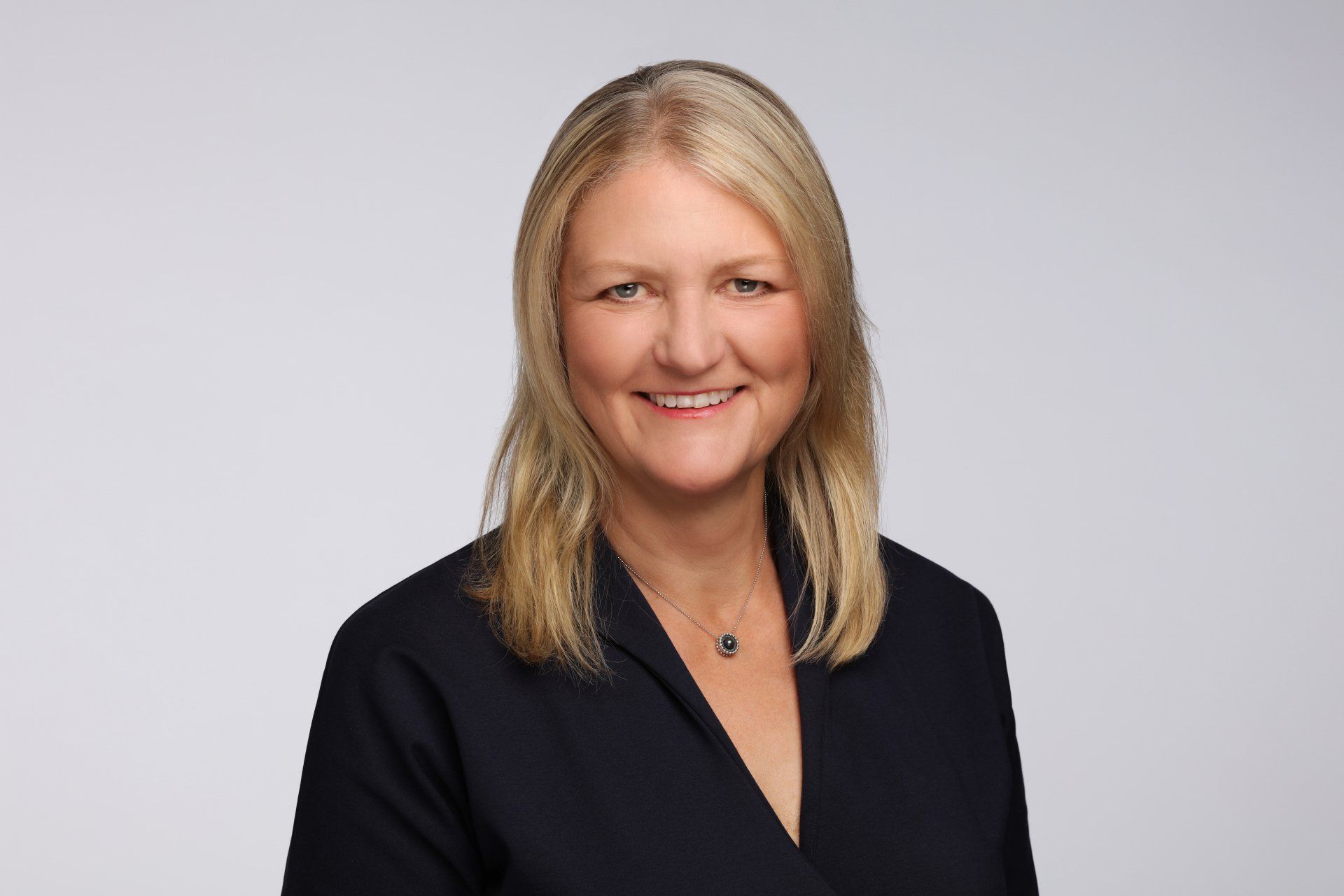Alison Gill is a behavioural psychologist, triple Olympian and the co-founder of Bvalco, a board evaluation consultancy focused on helping boards become fit for the future.
From being clear about the problems that need to be solved to testing assumptions, boards need a solid approach to decision-making right now.
Crisis situations are characterised by threat to the long-term objectives of the organisation. We’re operating in a crisis situation in which all Boards are struggling with the impact of social distancing measures put in place to stop the spread of the coronavirus and will be worried about the health of both their workforce and their business.
As humans, our survival depends on our ability to make predictions, and a primary goal of the brain is to predict when and how we can avoid threats. Because the brain seeks to make accurate predictions, it has an aversion to uncertainty. Fundamentally, the brain dislikes ambiguity. This is problematic for leadership decision-making in crisis situations.
Everyone wants to find a way forward. But with the government itself still unclear as to how and when to exit the current situation, there are few certainties to base decisions on.
Focusing on the following three things can help enhancing decision-making in this situation.
1. Leverage emotional intelligence
Research on anxiety reveals a crucial lesson on uncertainty: Name it to tame it. Decades of research show a consistent story, that when we push away or ignore feelings, we are less able to solve problems and make good decisions. This is true for individuals as well as groups.
To make good decisions, Boards need to spend some time engaging their individual and collective emotional intelligence. The first doorway to engaging emotional intelligence is to recognise our own and others’ feelings. No judgement or action required: just notice. Emotion is a vital source of information – it is a message to help you cope.
Adopting a feel-think-act-review cycle ensures that we leverage all the information that is available to us, including emotional information. This creates a richer dialogue, enhances engagement and ultimately leverages whole-brain thinking.
2. Define the problem that needs to be solved
In a crisis situation, it’s easy to jump to solutions without being clear about the problems that need solving.
Even if you don’t yet have all the facts and information to hand, it’s important to define the problems that need to be solved properly. How exactly is the current situation hurting your business now, and in the future, and what do you most need to focus on addressing? What appears to matter and what actually matters?
Chunk problems into sub-groups so that they are easier to prioritise in terms of what needs solving now, versus those that may need longer-term or broader thinking. Consider the longer-term problems as questions that might be best resolved through collaboration.
3. Test assumptions and commitment
Any decisions being made will inevitably be based on some underlying assumptions, so it’s important to test if those assumptions are valid.
The assumptions being made risk not being tested if enthusiasm for a particular course of action means people don’t stop to ask if that course of action is actually needed, or if the assumptions it’s based on are valid.
Entrepreneurial-minded directors will want to get on with taking action, while those who are risk-averse will be inclined to hold back for more information to base decisions on. This can cause tension.
It is the role of the chair to tackle those tensions and keep testing commitment to decisions. This can be challenging at the best of times. When working face-to-face, commitment or concern can be garnered through body language or tested informally in conversation during a coffee break. When working digitally, the chair will need to more frequently go around the table asking for individual perspectives and even make use of side-bar chat functions to encourage directors to air concerns.
Share this article on LinkedIn!




